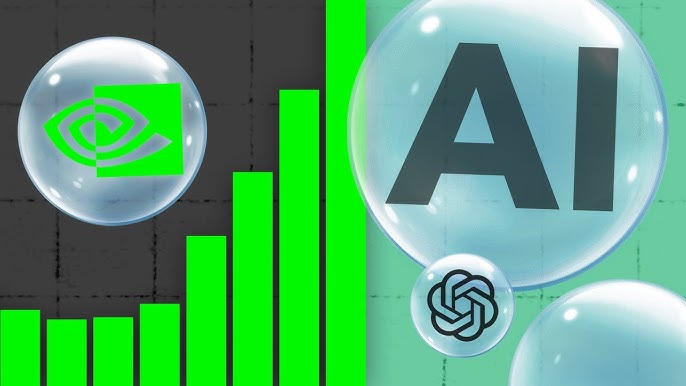When Big Tech Ai Is A Lie Tina Haung stepped forward with her allegations, the tech world held its collective breath. Her claims carry significant weight as a former Google engineer with intimate knowledge of the company’s AI projects.
But what exactly did she say, and why does it matter? Let’s unpack the controversy that is forcing us to reconsider everything we thought we knew about AI development at Google.
The Heart of the Controversy
1. The AI Capability Gap

At the core of Huang’s claims is the assertion that Google has been significantly overstating the capabilities of its AI systems.
She argues that the gap between what’s presented in flashy demos and what exists behind the scenes is wider than the public realizes.
This revelation raises serious questions about the integrity of AI marketing and the actual state of AI advancement.
Related: Gordon Ramsay Bike Accident – Latest Update
2. Ethical Corners Cut
Perhaps most alarmingly, Huang alleges that Google has cut ethical corners in AI development in the race to stay ahead.
She points to instances where potential biases and risks were downplayed or ignored in favour of rapid deployment. This claim strikes at the heart of ongoing debates about AI ethics and responsible innovation.
3. The Transparency Illusion
Huang paints a picture of a company that talks a big game about transparency but falls short in practice. She describes internal practices that obscure the true nature of AI projects from the public and many Google employees. This lack of transparency, she argues, hinders meaningful oversight and ethical considerations.
4. Data Privacy Concerns
Another bombshell in Huang’s revelations concerns handling user data in AI training. She suggests that Google’s practices may not align with their public statements about data privacy, potentially putting millions of users’ personal information at risk.
5. The AI Arms Race
Huang’s insights shed light on the intense pressure on Google to maintain its perceived lead in AI development. This “AI arms race” mentality, she claims, often leads to rushed decisions and inflated claims about AI capabilities.
6. Internal Dissent Suppressed
According to Huang, voices of caution and ethical concern within Google are often sidelined or silenced. This alleged culture of suppression raises questions about the company’s ability to self-regulate and address potential AI risks.
7. The Human Cost
Finally, Huang highlights the toll this controversy takes on the individuals involved. From stressed engineers to disillusioned researchers, she paints a picture of a workforce grappling with the ethical implications of their work.
Frequently Asked Questions About Big Tech Ai Is A Lie Tina Haung
Q: Who is Tina Huang, and why should we trust her claims?
A: Tina Huang is a former Google engineer who worked on AI projects. Her insider knowledge and specific examples lend credibility to her claims, though it’s essential to consider multiple perspectives on the issue.
Q: How has Google responded to these allegations?
A: Google has largely denied Huang’s claims, asserting its commitment to ethical AI development and transparency. However, the controversy has prompted increased scrutiny of their practices.
Q: What are the potential implications of these revelations?
A: If true, Huang’s claims could lead to increased regulation of AI development, loss of public trust in tech companies, and a reevaluation of the current state of AI technology.
Q: How can consumers protect themselves in light of these allegations?
A: Stay informed, be critical of claims about AI capabilities, and advocate for more robust data privacy protections. Consider using privacy-focused alternatives where possible.
Q: What’s next in this ongoing controversy?
A: Expect continued debate, potential legislative action, and possibly more whistleblowers coming forward. The tech industry may face increased pressure for transparency and ethical AI development.
Conclusion About Big Tech Ai Is A Lie Tina Haung
Tina Huang’s explosive claims about Google’s AI practices have ripped open the curtain on one of tech’s most guarded realms. As we grapple with the implications of her revelations, one thing is clear: the conversation about AI ethics, transparency, and capability is far from over.
Whether you’re a Big Tech Ai Is A Lie Tina Haung enthusiast, a concerned citizen, or somewhere in between, staying informed and engaged in these discussions is crucial. The future of AI will shape our world in profound ways, and it’s up to all of us to ensure that it’s a future we want to live in.

